Ticks can become a true disaster for any household since these tiny bloodsuckers are quite hazardous.
However, not only homo sapiens threaten the ticks’ population. These parasites have enough menace in the nature, too.
In this article, we will tell everyone about what feeds on these insects and the natural predators of them so that you’ll be knowledgeable about it for the future.
Related: What Does A Tick Look Like! Be Prepared
Are These Pests Harmful To Us?
First of all, it’s necessary to clarify whether these insects are really so hazardous to us.
Indeed, these parasites can become big trouble once they get onto our clothing and then to the skin. Tick’s snap is pretty unpleasant and causes a lot of disturbance to the insect’s host.
But are these tiny beasts so life-threatening as everyone say?
- Generally, tick’s snap is quite harmless since it doesn’t cause pain or other intense suffer
- Besides, human beings are not able to become infected from our dogs or cats or the animals that are infected by the parasites
- However, certain illnesses can be easily transferred to us if ticks snap them. Since some of them are deadly, those bloodsuckers are considered to be threatening to us
- Moreover, this bloodsucker’s bite may cause an allergic reaction
And about bites prevention Experts Says.
Luckily, we don’t need to deal with these beasts on our own. There are lots of their natural enemies, both animals, and insects, that regulate the amount of these insects find ticks nest and kill them. Besides, there is also an insect who feeds on them.
Let’s see who these helpers are!
Related: Tick Life Cycle From Egg to Adult. Interesting facts
What Eats Ticks? Insects
Among the parasites’ enemies, quite many insects exist and that’s not a surprising information. Since these bloodsuckers belong to this group themselves, they will naturally have many enemies among the same species.
[expert_review params=”JTdCJTIyY29sb3IlMjIlM0ElMjJibHVlLTElMjIlMkMlMjJleHBlcnRfYXZhdGFyJTIyJTNBJTIyaHR0cHMlM0ElMkYlMkZjZG4xLnN0b3BwZXN0aW5mby5jb20lMkZ3cC1jb250ZW50JTJGdXBsb2FkcyUyRjIwMTklMkYwMSUyRm1oLTE1MHgxNTAucG5nJTIyJTJDJTIyZXhwZXJ0X25hbWUlMjIlM0ElMjJNaWNoYWVsJTIwUG90dGVyJTIyJTJDJTIyZXhwZXJ0X2xpbmslMjIlM0ElMjJodHRwcyUzQSUyRiUyRnN0b3BwZXN0aW5mby5jb20lMkYxNTEtaG93LXRvLWdldC1yaWQtb2YtdGlja3MtYW5kLXByZXZlbnQtdGhlaXItYml0ZXMuaHRtbCUyMiUyQyUyMmV4cGVydF9pZCUyMiUzQSUyMiUyMiUyQyUyMmV4cGVydF90eXBlJTIyJTNBJTIyc2VsZiUyMiUyQyUyMmV4cGVydF9hdmF0YXJfYWx0JTIyJTNBJTIyJTIyJTJDJTIyZXhwZXJ0X3Nob3clMjIlM0ExJTJDJTIyZXhwZXJ0X2Rlc2NyaXB0aW9uJTIyJTNBJTIyUGguRCUyMGluJTIwQmlvbG9neSUyMiUyQyUyMmV4cGVydF9zaG93X2J1dHRvbiUyMiUzQTAlMkMlMjJleHBlcnRfc2hvd19idXR0b25fdHlwZSUyMiUzQSUyMnBvcHVwJTIyJTJDJTIyZXhwZXJ0X3F1ZXN0aW9uX2J1dHRvbl90ZXh0JTIyJTNBJTIyQXNrJTIwUXVlc3Rpb24lMjIlMkMlMjJxdWVzdGlvbl9leHRlcm5hbF9saW5rJTIyJTNBJTIyJTIyJTJDJTIycG9wdXBfdXNlX3Bob25lJTIyJTNBMCUyQyUyMmV4cGVydF90aXRsZSUyMiUzQSUyMkV4cGVydCUyMFNheSUyMiUyQyUyMmV4cGVydF9zaG93X3RpdGxlJTIyJTNBMSUyQyUyMmV4cGVydF90ZXh0JTIyJTNBJTIyVGhlJTIwZ2VuZXJhbCUyMHRpcHMlMjBhcmUlMjBhcyUyMGZvbGxvd3MlM0ElMjBhdm9pZCUyMHdvb2RlZCUyMGFyZWFzJTJDJTIwZXNwZWNpYWxseSUyMG9uJTIwdGhlJTIwc2hhZHklMjBzaWRlJTJDJTIwcmVtb3ZlJTIwbGVhdmVzJTIwYW5kJTIwbW93JTIwaGlnaCUyMGdyYXNzJTIwbmVhciUyMHRoZSUyMGhvdXNlJTJDJTIwd2VhciUyMGxpZ2h0LWNvbG9yZWQlMjBjbG90aGVzJTIwY292ZXJpbmclMjBoYW5kcyUyMGFuZCUyMGZlZXQlMjBhcyUyMG11Y2glMjBhcyUyMHBvc3NpYmxlLiUyMCU1Q24lMjIlMkMlMjJxYSUyMiUzQSU1QiU1RCUyQyUyMnFhX3Nob3dfdGl0bGUlMjIlM0ExJTJDJTIycWFfdGl0bGUlMjIlM0ElMjJRdWVzdGlvbnMlMjB0byUyMHRoZSUyMGV4cGVydCUyMiUyQyUyMnNjb3JlJTIyJTNBJTVCJTVEJTJDJTIyc2NvcmVfc3VtbWFyeV90ZXh0JTIyJTNBJTIyJTIyJTJDJTIyc2NvcmVfc3VtbWFyeV9hdmVyYWdlJTIyJTNBMCUyQyUyMnNjb3JlX21heCUyMiUzQSUyMjUlMjIlMkMlMjJzY29yZV9zeW1ib2wlMjIlM0ElMjIlMjIlMkMlMjJzY29yZV90aXRsZSUyMiUzQSUyMiUyMiUyQyUyMnNjb3JlX3Nob3dfdGl0bGUlMjIlM0EwJTJDJTIycGx1c2VzJTIyJTNBJTVCJTVEJTJDJTIybWludXNlcyUyMiUzQSU1QiU1RCUyQyUyMnBsdXNlc19taW51c2VzX3Nob3dfdGl0bGUlMjIlM0ExJTJDJTIycGx1c2VzX21pbnVzZXNfdGl0bGUlMjIlM0ElMjJQbHVzJTIwJTI2JTIwTWludXMlMjIlMkMlMjJwbHVzZXNfdGl0bGUlMjIlM0ElMjIlMjIlMkMlMjJtaW51c2VzX3RpdGxlJTIyJTNBJTIyJTIyJTdE”]
So what are those insects that devour them?
Among the widespread predators of ticks, one can find
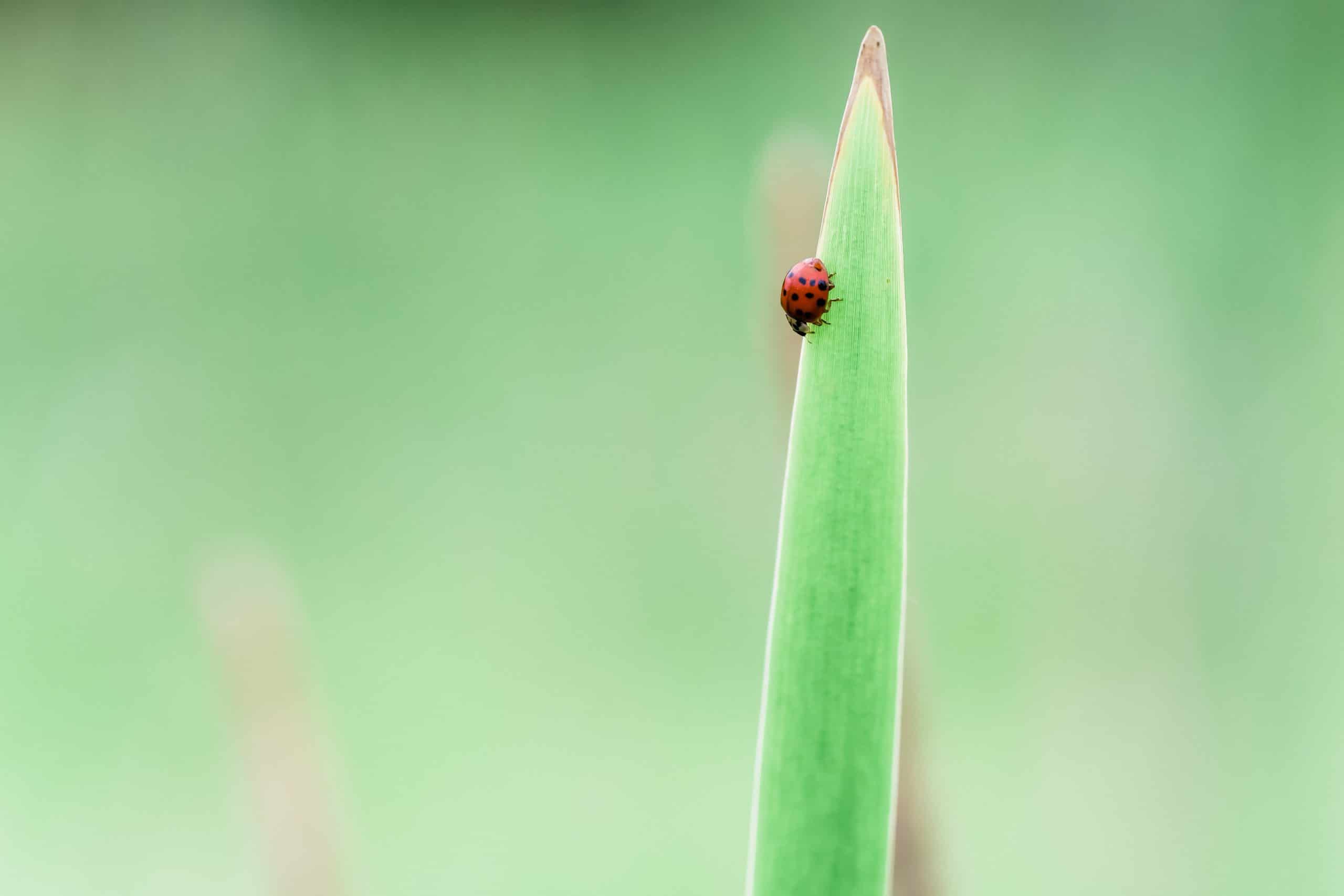
- chiggers
- wolf spiders
- ants
- various Nort America bugs that consume those parasites
People often ask: do ladybugs feed on ticks? We are glad to inform you that yes, these red and spotted flying insects are one of the natural enemies of those parasites!
So when noticing a ladybug in the yard, let it be welcomed since this little helper may contribute greatly to your peaceful tickless existance.
Fauna Members Who Feed On Ticks
It may be surprising but not only bugs are tick predators. Several tick eating animals exist that will be happy to dine on those parasites.
What animals feed on them? Opossums are the super effective tick-killers! They manage to consume nearly ninety-six percent of the bloodsuckers that risk dwelling in their fur.
Other parasites-destroyers are squirrels and chipmunks.
Do skunks consume ticks? Well, even though these stinky beings have quite a varied diet consisting of fruits, berries, and bugs, larvae, and various other “dishes”, they are not known for consuming these bloodsuckers in particular. However, skunks do consume ants and those, as we are already informed, are the bloodsuckers’ true enemies.
Birds That Eat Ticks
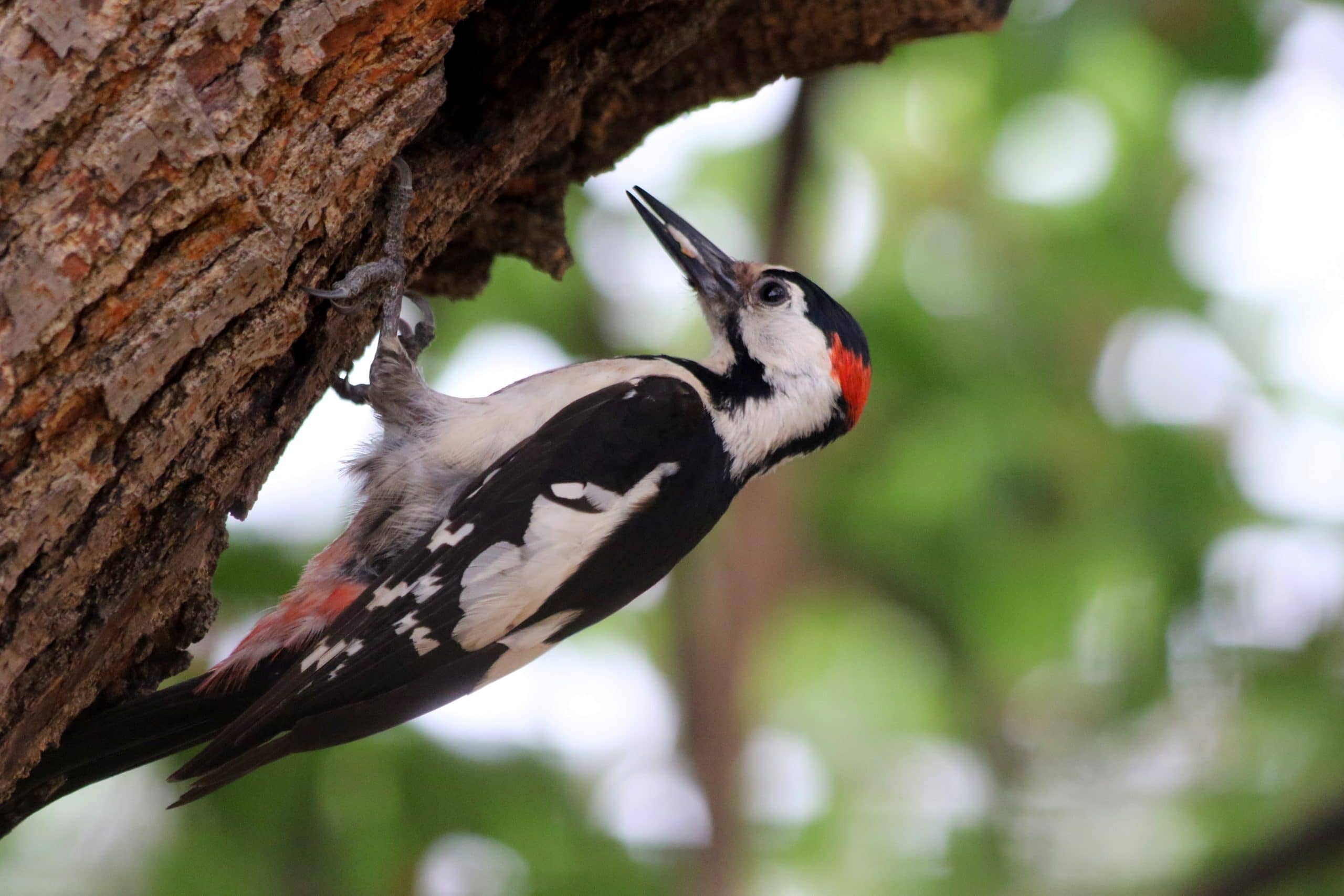
Of course, a question comes to mind: Do birds belong to tick-threatening species? Of course, they do! Among the flying creatures, we can highlight a number of tick-eating birds, too.
- Chickens
- Woodpeckers
- Guinea fowls
All of them are great pests-killers and consumers!
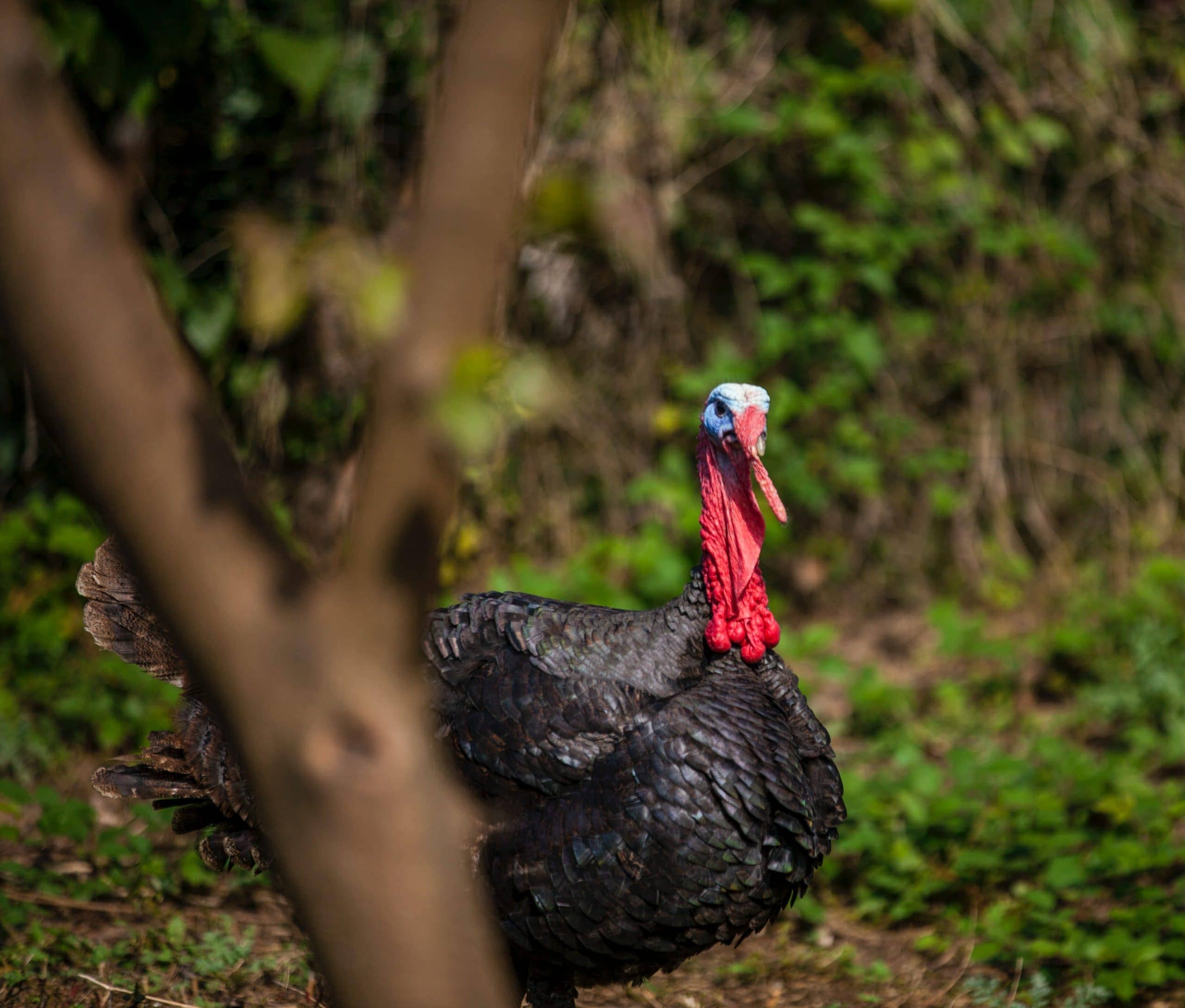
People often ask: Do turkeys feed on those bloodsuckers? In fact, yes, feral species of these birds are famous for having a great affection for those bloodsuckers.
In addition, a number of other feral birds that feed on those parasites exists and we can spot them out in almost any yard.
To clarify certain issues, check out more questions regarding birds and ticks.
- Do crows belong to ticks’ enemies?
No, crows are not known as significant tick predators.
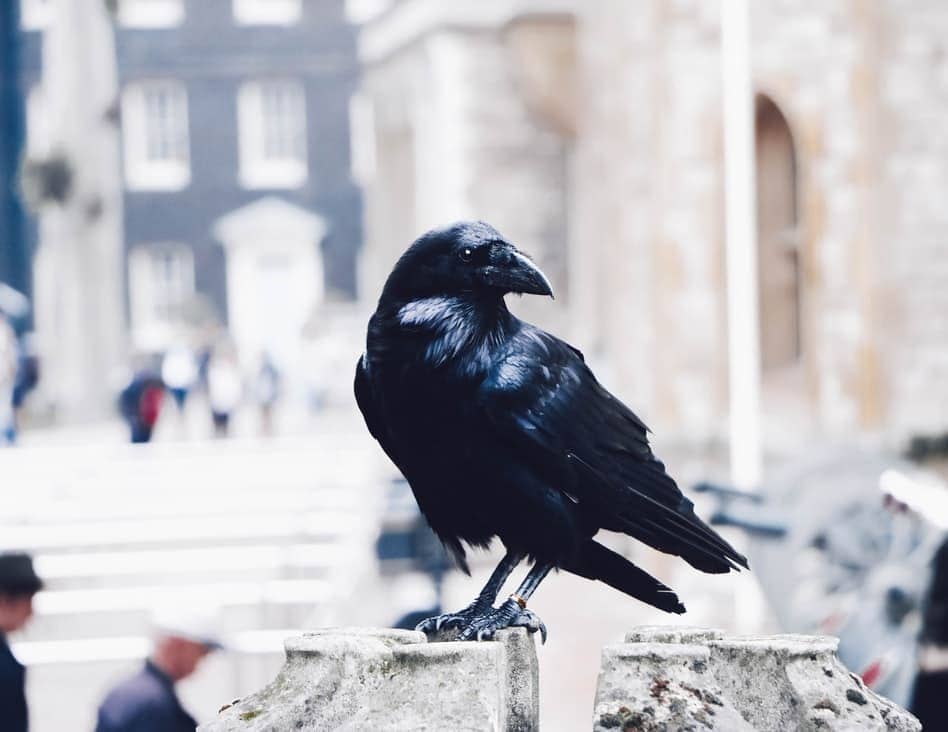
- Do pheasants consume these parasites?
Pheasants actually transfer certain diseases to ticks who re-transfer them to us, so those birds can’t be called tick destroyers
- Do robins kill the bloodsuckers?
They do together with some other groud-feeding species of backyard birds.
Other Ticks’ Natural Predators
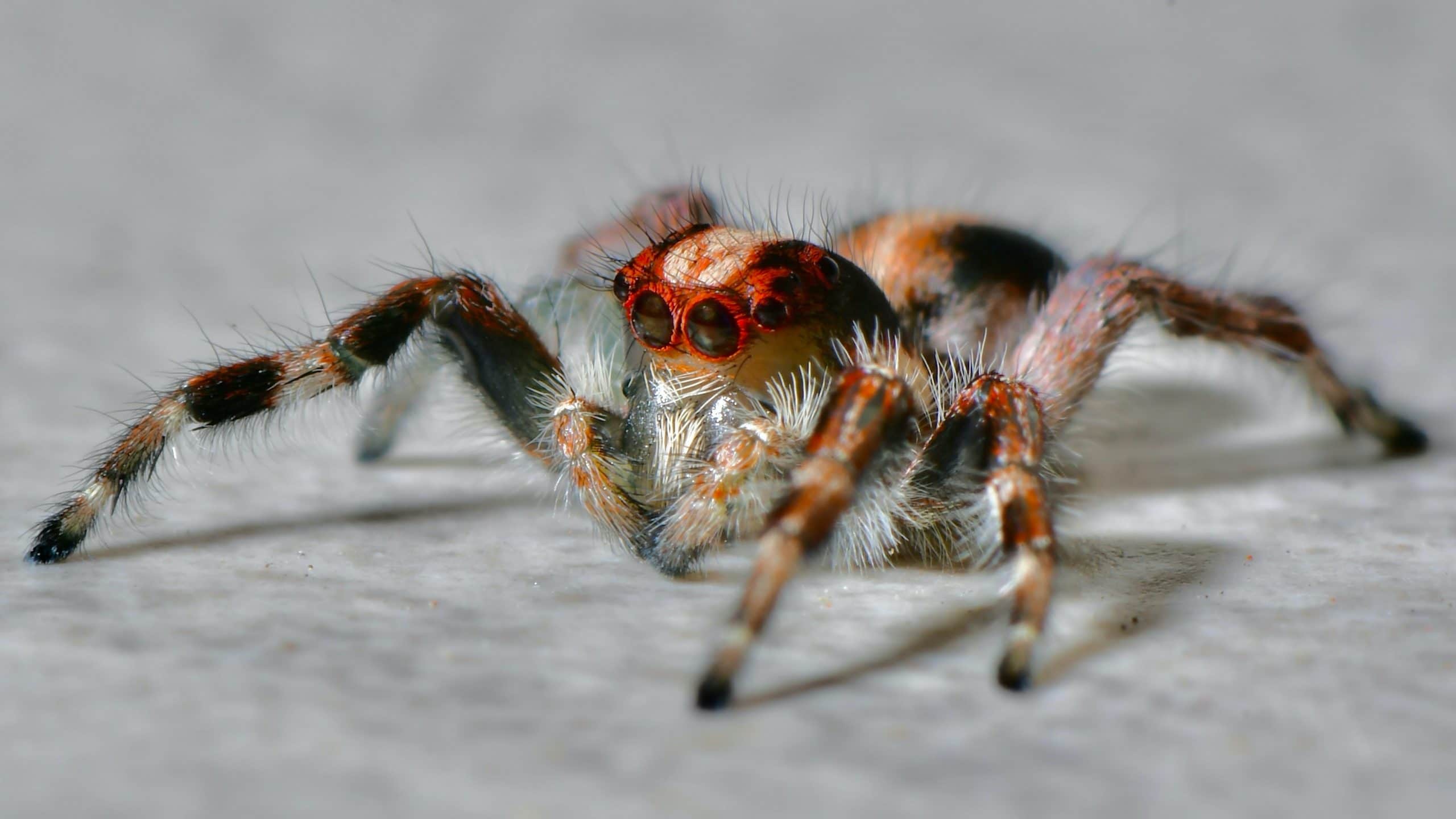
It’s mostly mammals, bugs, and birds who can be considered ticks’ natural enemies. Nevertheless, if we take a closer look, we can find out that certain species and creatures are the same efficient destroyers of the bloodsuckers as those that were presented before.
To know exactly which beasts can help us to fight the bloodsuckers, consider the following facts.
- Do frogs consume these parasites?
Frogs, just like lizards and some other critters, are very effective tick-eaters.
- Do spiders feed on them?
Yes, they are one of the most threatening ticks’ enemies in the nature.
And, Do bats eat ticks? Bats eat and destroy ticks even though in far less impressive amounts than opossums. But they really do people often notice that if they get a bat in their farm house, ticks nest often starts to disappear. So bats do eat ticks.
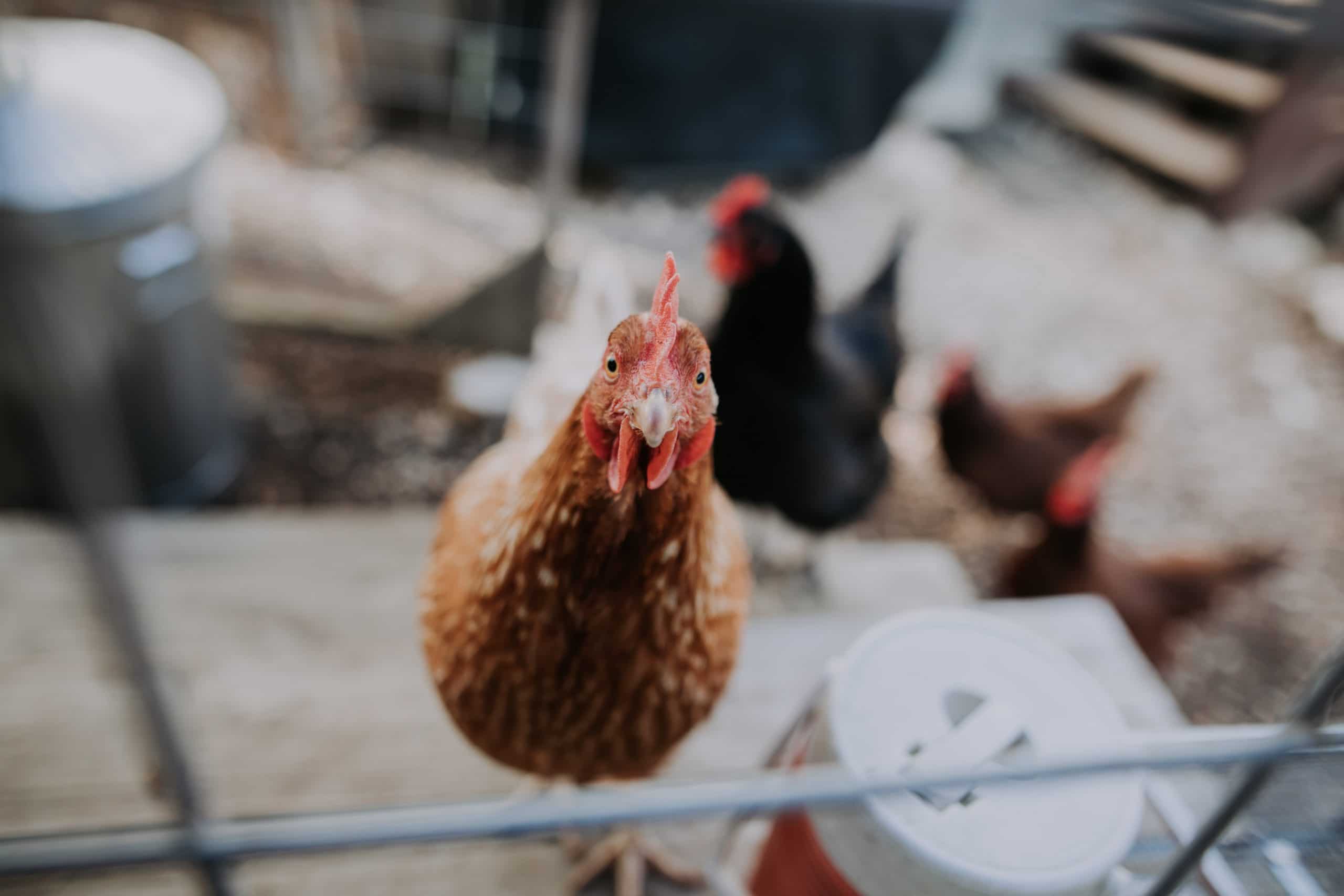
As you already guessed, quite many animals can be welcomed in our yards since they assist in destroying the hazardous bloodsucking parasites. However, to make it clear, check out what people often ask regarding this issue.
[wp-faq-schema title=”✅Frequently Asked Questions❓”]
Now you are knowledgeable about what mammals, feral and home birds, and also bugs, insects, and critters are bloodsuckers’ natural enemies in the nature.
Make sure that, if you have a garden, these creatures are welcomed to visit it and clean it from those bloodsucking infectors.
Even though ticks are not considered threatening by many of us, these pests transfer different dangerous diseases and some of them are deadly for humans!

Be attentive and careful when letting your cats and dogs play outside, especially in the wood, since they will most likely bring some unwelcome “guests” on their fur back home.
Always check yourself and your pets for any signs of tick invasion and take care!
Remember that it is easier and much more effortless to prevent the ticks invasion rather than treating yourself or the pet from the aftermath of those bloodsuckers’ bites.
Besides, if ticks are not destroyed by their natural predators, there is a hazard of their spreading which means that one day you’ll have to call for professional pest control service to get rid of those parasites.
How to Prevent Ticks In Your Garden
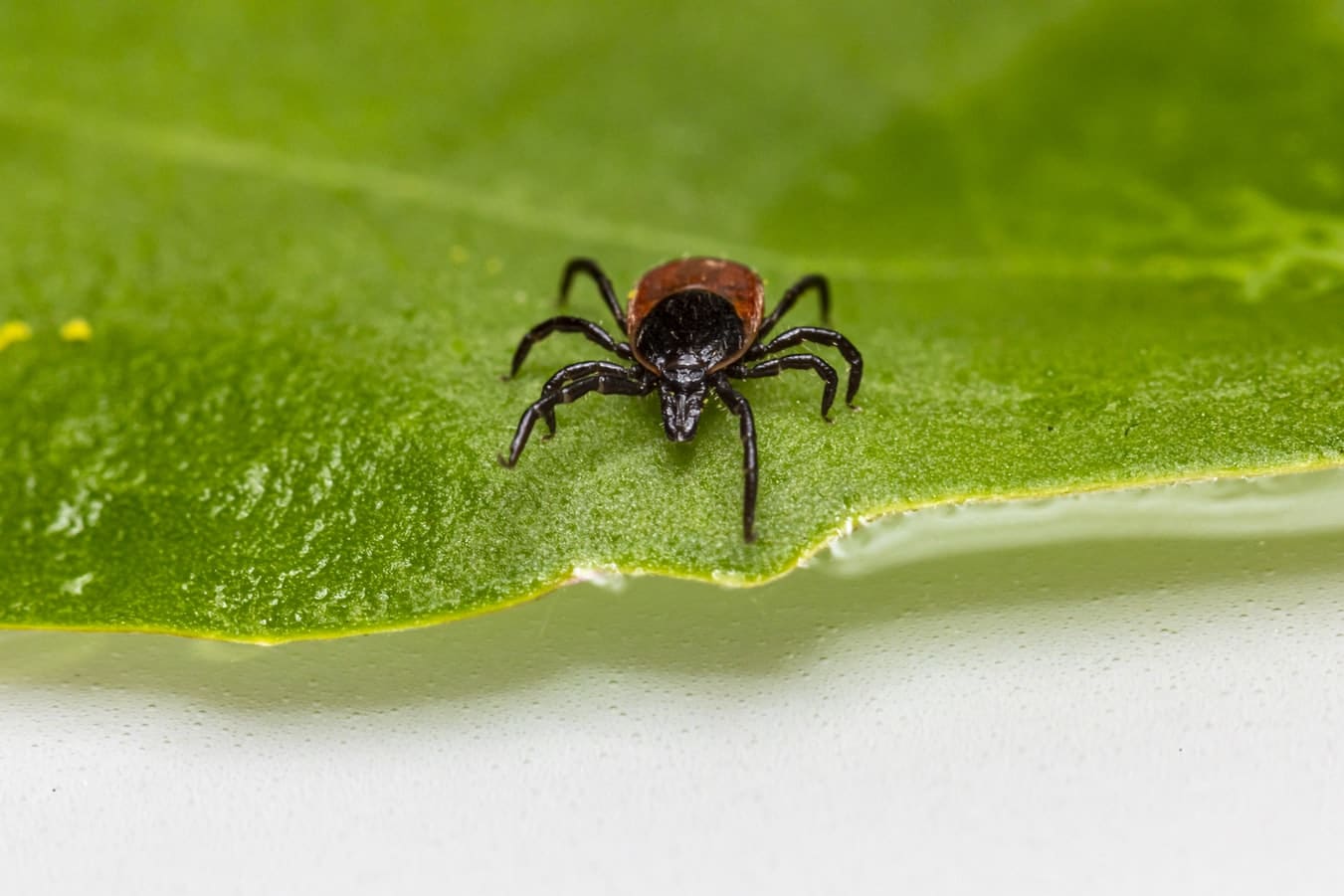
Probably everyone knows today that ticks prefer to live in grassy and shaded areas which makes our gardens a target places for them to dwell. And since these parasites often carry such a hazardous disease as Lyme disease, keeping ticks populations under control is a must for every house owner.
Are you interested in how to protect your froperty from those invadors? Then several handy suggestions might be very helpful for you now.
Of course, most of us would think that there is no need in controlling the populations of these tiny insects. Ticks have natural enemies among birds and other beings, so why would people bother?
Indeed, many creatures feed on these blood-sucking beasts, nevertheless, leaving everything to mother nature is not a decision.
So what can we do?
Some people rely on using pesticides as a tick control measure that will reduce their number but those can also be hazardous to our cats and dogs, besides, kids also tend to play in the yard.
That is why we suggest you create a tick-free areas in your own property to exclude any contact with these parasites.
- Start from removing the leaf litter
- Clear the areas with the thick grass around the house and don’t forget about the lawnes’ edges. Since this pest ppreciates such zones, keeping them perfectly clean will give you more control over the situation and reduce the possible risks.
- Get wood chips or gravel and create a three-feet wide barrier to reduce the contact between the lawnes and the wooded areas. It will not decrease the tick populations but it will definitely let you perform better tick migration control casting the bloodsuckers from the recreation areas.
- It would be good to avoid the direct contact of garden equipment, patios, and decks with trees and grassy spaces.
- Ticks feed on blood so check yourself, the family members and pets after each walk.
- These pests can also live on feral animals so make sure that deers, raccoons, or stray dogs can’t get into your territory.
- This pest prefers to live in hideouts so throw away all the old mattresses, furniture, and of course, trash from the garden. Like that you will keep the tick populations under control.
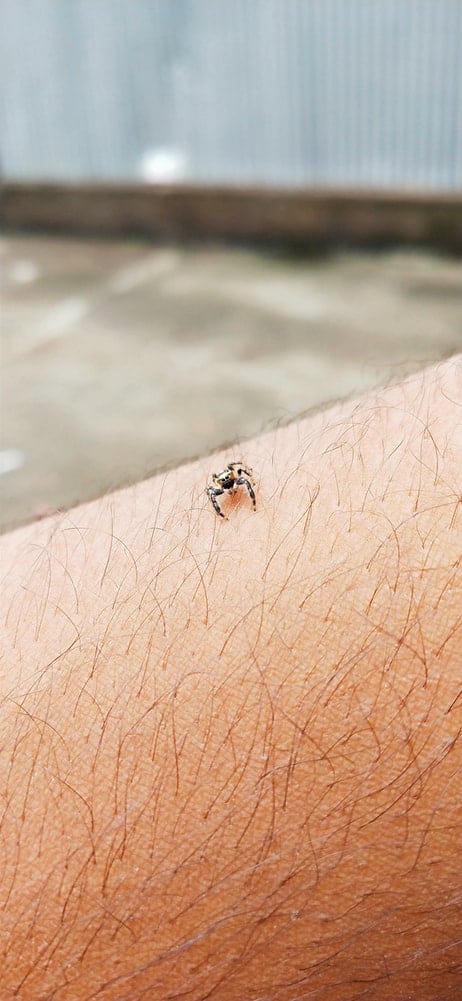
These measures are good to take regularly, especially during the tick season, to keep everything under control.
And of course, if you think your household needs extra protection, call for the professional pest control service so that they could treat the area with the special anti-parasite repelling remedies.
Moreover, certain birds and animals that feed on those parasites can be a good help in fighting them and performing tick control, so make sure you don’t cast those away.
Just like some species of mosquitoes, ticks can transfer various hazardous illnesses including the Lyme disease, so keeping their number under the strict control will help to assure that your family will be safe and sound all year round.
Read next : Tick Nest and What do Tick Eggs Look Like?
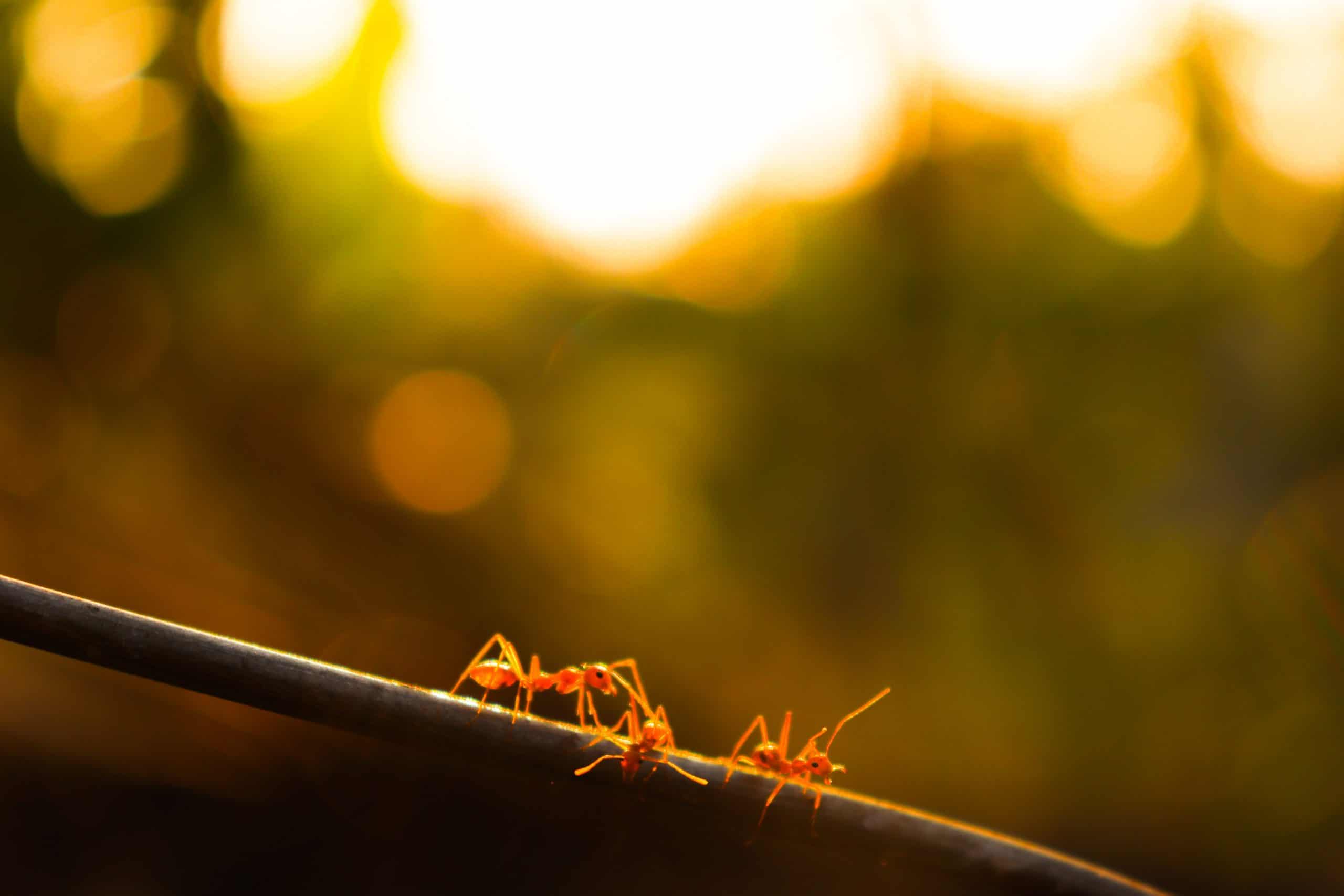
You haven’t yet found your voice. You need to write more like you are talking to someone. You used “blood- sucking” way too many times.
Try telling someone about the topic and tape it. Or reading your writing out loud as a final check.
Thanks for the comment, I will think about it and keep it in mind while writing the next article)